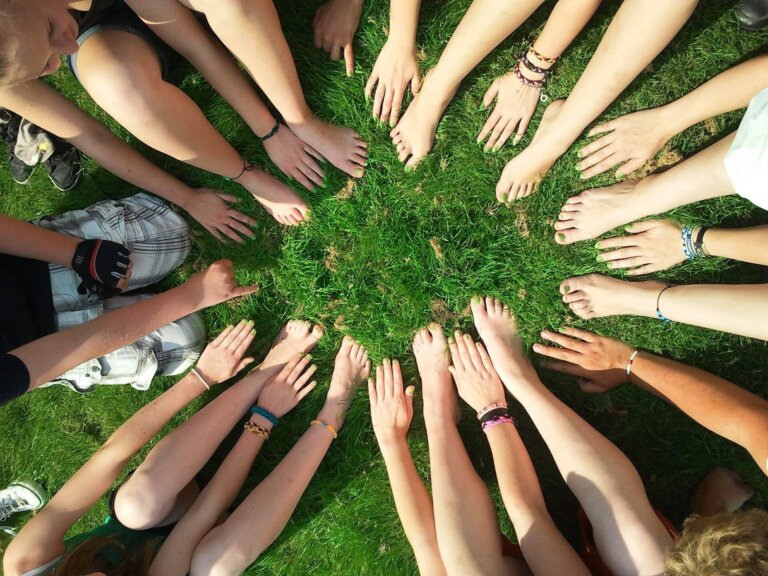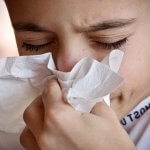We believe in professional growth of Physiotherapists with high technology!
How to boost your immunity with physiotherapy
In the COVID-19 pandemic, the most discussed medical term is ‘immunity’. Most of us are hunting for the answers and a quest to improve our immunity. Our immunity is the ultimate defence system and directly responsible to fight against any infection and the dreaded coronavirus.

Lets understand the immunity and prepare for the battle…..
What is the immune system / immunity?
The immune system is a host defence system comprising many biological structures and processes within an organism that protects against disease.
Components of our immune system:
- White blood cells play a key role in the immune system.
- Antibodies
- Lymphatic system which consists of lymph nodes, lymph vessels and lymphocytes.
- Spleen
- Leucocytes which are derived from the bone marrow
- Thymus which produces T-Lymphocytes.
- Neutrophils, eosinophils, and basophils are collectively known as granulocytes; they circulate in the blood unless recruited to act as effector cells at sites of infection and inflammation.
- Macrophages and mast cells complete their differentiation in the tissues where they act as effector cells in the front line of host defence and initiate inflammation.
- Complement system is a biochemical cascade of the immune system that helps, or complements, the ability of antibodies to clear pathogens or mark them for destruction by other cells. The cascade is composed of many plasma proteins, synthesized in the liver, primarily by hepatocytes.

Subsystems of the immune system:

Innate immunity: Refers to nonspecific defence mechanisms that come into play immediately or within hours of an antigen’s appearance in the body. These mechanisms include physical barriers such as skin, chemicals in the blood, and immune system cells that attack foreign cells in the body.
Functions of the innate immunity-
- Recruiting immune cells to sites of infection through the production of chemical factors, including specialized chemical mediators called cytokines.
- Activation of the complement cascade to identify bacteria, activate cells, and promote clearance of antibody complexes or dead cells.
- Identification and removal of foreign substances present in organs, tissues, blood and lymph, by specialized white blood cells.
- activation of the adaptive immune system.
Adaptive Immunity refers to an antigen-specific immune response.
- The adaptive immune response is more complex than the innate.
- The antigen first must be processed and recognized.
- Once an antigen has been recognized, the adaptive immune system creates an army of immune cells specifically designed to attack that antigen.
- Adaptive immunity also includes a “memory” that makes future responses against a specific antigen more efficient. (1)
Factors associated with the impaired immune system:
- Stress
- Poor nutrition
- Lack of sleep
- Smoking
- Older age- Studies have shown that this increased risk correlates with a decrease in T cells, possibly from the thymus atrophying with age and producing fewer T cells to fight off infection.
How can a Physical Therapist help you in boosting the immunity?
- A regular exercise protocol – exercise has been linked to a positive immune system response and a temporary boost in the production of macrophages, the cells that attack bacteria. Recent studies have shown that there are physiological changes in the immune system as a response to exercise. During moderate exercise immune cells circulate through the body more quickly and are better able to kill bacteria and viruses. After exercise ends, the immune system generally returns to normal within a few hours, but consistent, regular exercise seems to make these changes a bit more long-lasting. (2)
- Breathing Exercise and Relaxation– The extent of relaxation practice significantly contributed to the variance of natural killer cell activity, lymphocyte proliferation and interleukin responses in a positive direction; the higher the relaxation practice, the higher the immune responses. (3). Breathing exercises have positive effects on the body by lowering the cortisol levels, lowering blood system, activation of the autonomic nervous system which acts behind the scene in reducing the immune system and improving arterial blood flow. Taken together these elements add up to a powerful disease-fighting box of tools.
- PEMF Therapy and Immunity– Poor regulation of inflammatory or immune function can allow acute phase response to become chronic. It initiates disease and inhibits tissue regeneration. Maintaining homeostasis is an important factor in regulating the immune system. PEMF has the potential to regulate this balance by maintaining healthy cytokine expression. It decreases the production of pro-inflammatory secretion, while stabilizing or increasing anti-inflammatory cytokine production. PEMF therapy acts at cellular level and also reduces stress and improves sleep.
“Today, choose to become better and stronger than yesterday”
References –







